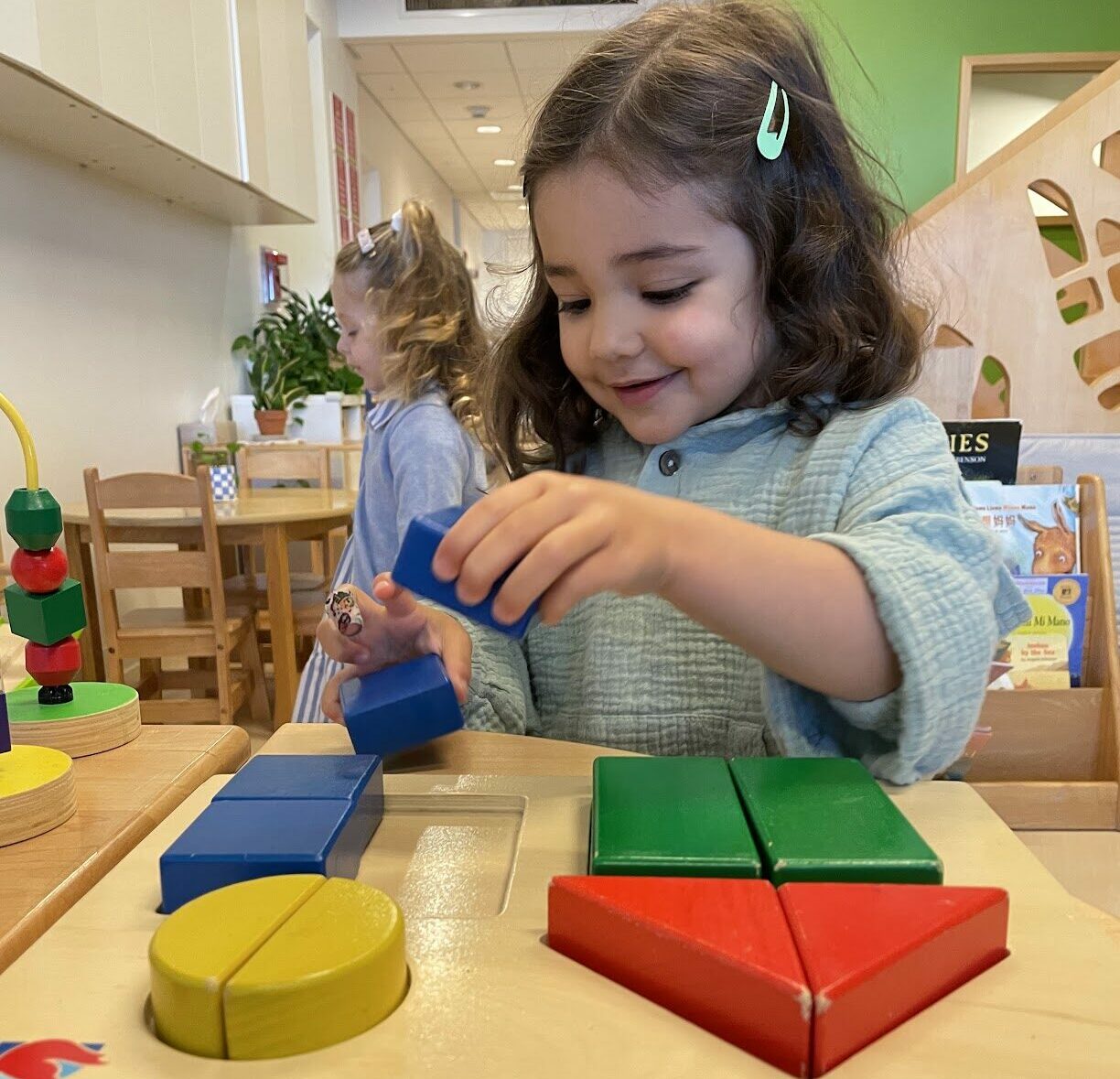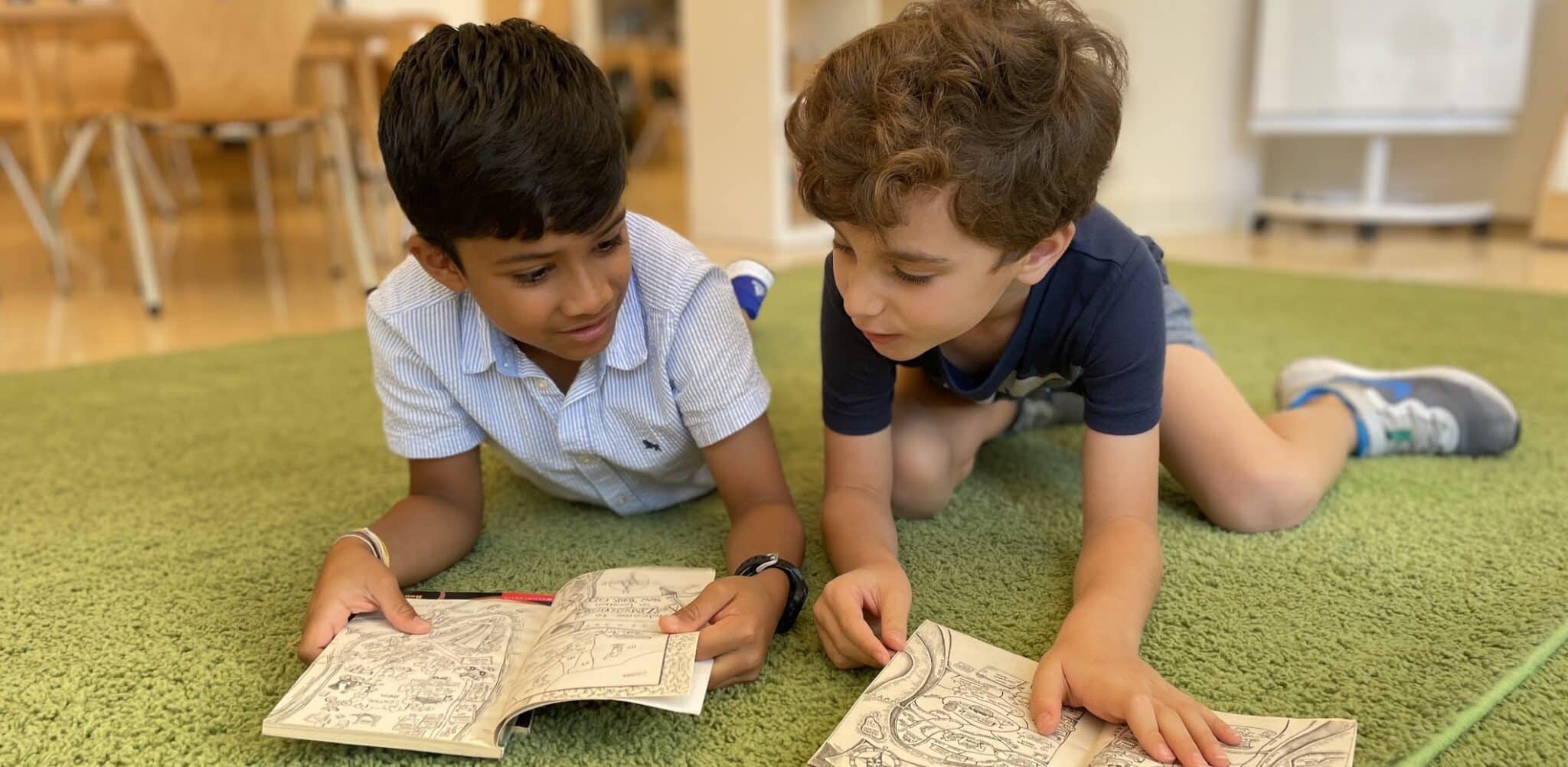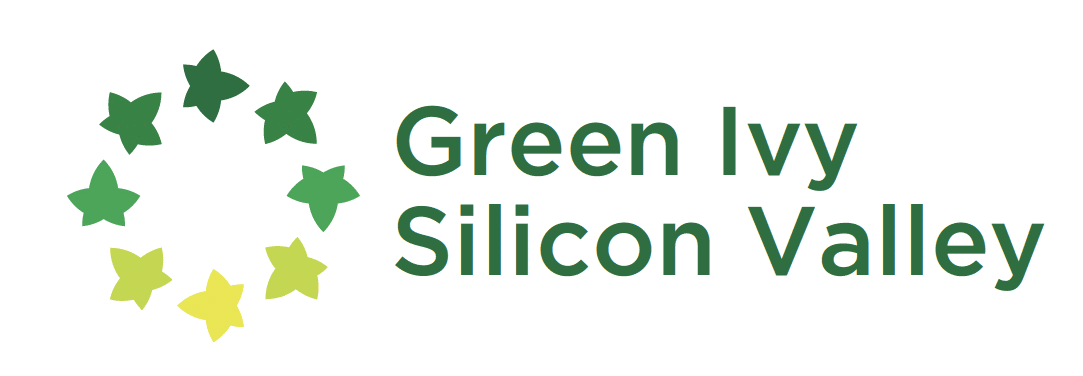Kindergarten
Kindergarten is the first year in our Elementary School program and is a full IB/PYP (International Baccalaureate / Primary Years Program) Program of Inquiry. This means that students are fully immersed in Units of Inquiry that are highly engaging and collaborative and invite regular opportunities to create and innovate.
The IB/PYP is a framework for our curriculum in which our teachers create learning tasks where students actively explore concepts and connections through the lens of different subject areas. Students are encouraged to question, to reflect and to take action on their learning.
Through the PYP, students develop critical thinking and communication skills, confidence, self-management, social skills and other attitudes and skills needed to succeed as they move into the Middle School.
Here we emphasize academic, social, emotional, physical and cultural growth through a foundation of international study and citizenship. Our learners become internationally-educated citizens through a focus on the development of positive attitudes towards self, towards people, towards the environment and towards learning. Life-long learning is developed through inquiry-based, hands-on learning.

Program of Inquiry
Kindergarten students participate in 6 Units of Inquiry, and each unit lasts for 6 weeks. Each unit is based on a theme as follows:
- Who We Are
- How the World Works
- How We Express Ourselves
- Where We Are in Time and Place
- Sharing the Planet
- How We Organize Ourselves
The concept is specific enough to provide a clear framework for learning. Within that concept, the teachers support students in an investigation. This investigation covers all of the disciplines in a transdisciplinary manner. Students are not learning subjects in isolation, but instead are learning how subjects are connected, the way they are in real life.
Through our Program of Inquiry, students have a richer and more relevant learning experience than the average student because of how they are learning. And because their learning is richer, they learn with more depth and retention.

Subject Areas
Here are some details around what they are learning for each discipline or subject area:
Language Arts
Students are immersed in reading, writing, listening and speaking activities as they move through the Unit of Inquiry. Technically, children learn to recognize letters, to associate them with their sounds, and to build sight vocabulary. Students are introduced to the reading strategies that they will use as their reading skills develop. Students also explore the writing process by creating captions, labels, stories, lists, and journal entries. Children at all skill levels are encouraged to use written and oral language for creative expression and to become “authors.”
Mathematics
Through multiple math activities, morning meeting, charts and graphs, math games, estimating, and cooking, students explore and begin to understand math as a dynamic process that follows a logical pattern. Activities focus on patterns, sorting, number sense, estimating, and graphing. The math program incorporates problem solving, reasoning, communication, and making connections in mathematics.
Social Studies
Through activities that include theme studies, trips, books, morning meetings, and art projects, the students learn about geography and culture. Emphasis is given to understanding and appreciating both the similarities and differences in the diverse cultural communities that make up our school class and our community. Students learn to ask questions, to listen to each other, and to apply old information to new situations. There is continued focus on students’ social and emotional growth and their role as members of the classroom community.
Drama
At our school, drama is a natural extension of the way Kindergarten students explore their world, and students are engaged in formal drama activities including improvisation, literary interpretation, sensory games, and collaborative play.
Science
Students engage in a hands-on program that combines both physical and life science units such as insects, nutrition, rocks and minerals, and weather. The focus is on scientific literacy and scientific processes. Literature is used as a springboard for scientific exploration and discovery. Children learn to observe, question, explore, experiment, predict,and solve problems through a variety of age-appropriate activities.
Visual Arts
Visual art is integrated into all aspects of the curriculum. Children study specific artists, their lives, styles, and chosen media. They then create personal works of art that reflect that knowledge. Children use a wide variety of media such as clay, paint, dye, and collage to explore and develop an appreciation and love of artistic expression.
Music
Students explore their sensitivity to music, imagination, and creativity. Emphasis is placed on singing and vocal exploration. Respect for each other and listening skills are incorporated as well. Classroom activities employ a variety of musical and learning styles, giving students the opportunity to sing, play instruments, and embody class music. In Kindergarten, students continue to study simple musical notation.
Physical Education
The main emphasis in Kindergarten is on developmental games and exploratory activities intended to help children understand how their bodies move. Students experiment with movement while progressing toward the mature form of manipulative and motor skills such as kicking, throwing and catching, running, skipping, hopping, and jumping. Students use the climbing wall and engage in activities that reinforce movement awareness concepts and skills. Class activities foster cooperative learning, creating a positive focus on social interaction.
Social Emotional Development
Children grow in confidence and self-awareness as they develop the ability to work productively on their own and as members of a group. Classroom routines, activities, and expectations are designed to help children grow in their understanding of, and appreciation for, the diverse backgrounds, interests, and talents of others.
Technology
In Kindergarten, students receive their own tablet for use in the classroom. As they mature, they are permitted to take their work tablet home. The student’s tablet is not only a device for using apps and accessing digital information.It is a tool for communicating with their peers, teachers, and parents. Tablets permit our students to share recordings, writings, images, resources and more via remote projection onto our walls, which have been designed to support such sharing. In addition, Kindergarteners begin to learn how to code and program, how to build circuits, how to make stop motion animation and much more.

